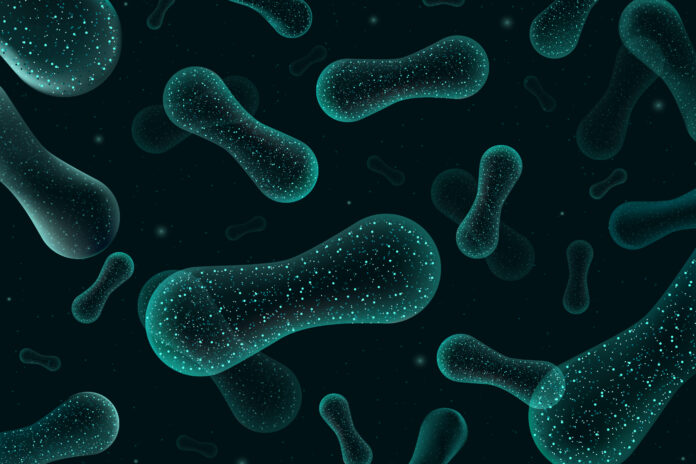Introduction:
The human body is a complex ecosystem that harbors trillions of microorganisms, collectively known as the microbiota. These microorganisms reside in various parts of our body, with the majority inhabiting the gut, but also found in our skin, mouth, and other organs. The totality of these microorganisms and their genetic material is referred to as the microbiome. Recent research has shed light on the critical role of microbiomes in human health and disease, revolutionizing our understanding of how these microscopic communities impact our well-being.
The Gut Microbiome:
The gut microbiome, in particular, has been the focus of extensive research due to its profound influence on human health. It is composed of diverse bacterial species, viruses, fungi, and other microorganisms, working together in a delicate balance. This complex community plays a vital role in digestion, immune function, nutrient absorption, and even mental health.
Digestion and Nutrient Metabolism:
The gut microbiome aids in the breakdown of complex carbohydrates, such as dietary fiber, that our bodies cannot digest on their own. Certain bacteria produce enzymes that break down these fibers into short-chain fatty acids, providing an energy source for both the gut cells and the body as a whole. Additionally, the microbiome produces vitamins, such as vitamin K and some B vitamins, which are essential for our overall health.
Immune System Regulation:
The gut microbiome plays a crucial role in the development and regulation of our immune system. It helps educate our immune cells to differentiate between harmless and harmful substances, preventing unnecessary immune responses and allergic reactions. Disruptions in the gut microbiome’s balance, known as dysbiosis, have been associated with autoimmune disorders, inflammatory bowel diseases, and allergies.
Mental Health and the Gut-Brain Axis:
Another fascinating area of research is the bidirectional communication between the gut and the brain, known as the gut-brain axis. The gut microbiome produces neurotransmitters and hormones that can influence mood, behavior, and cognitive function. Studies have shown a correlation between alterations in the gut microbiome and mental health conditions such as depression, anxiety, and even neurodevelopmental disorders like autism. Researchers are exploring the potential of targeting the gut microbiome as a therapeutic approach for mental health disorders.
Microbiomes and Disease:
Imbalances in microbiomes have been linked to various diseases, highlighting their role in disease development and progression.

Obesity and Metabolic Disorders:
Studies have demonstrated a connection between the gut microbiome composition and obesity. Certain bacteria can extract more energy from the diet, potentially contributing to weight gain. Moreover, the imbalance of gut bacteria has been associated with metabolic disorders like type 2 diabetes and cardiovascular disease. Understanding the interplay between microbiomes and metabolism offers promising avenues for future interventions.
Infectious Diseases:
The microbiome also plays a crucial role in protecting against pathogenic infections. A healthy microbiome acts as a barrier, competing with harmful bacteria and preventing their colonization. Antibiotic use can disrupt the balance of the gut microbiome, making individuals more susceptible to infections such as Clostridium difficile. Moreover, research suggests that a healthy gut microbiome can enhance the efficacy of vaccines, providing a new perspective on improving immunization strategies.
Emerging Therapies:
The growing understanding of microbiomes has led to the development of innovative therapies.
Fecal Microbiota Transplantation (FMT):
FMT involves transferring fecal matter from a healthy donor to a recipient with a disrupted gut microbiome. This procedure has shown remarkable success in treating recurrent Clostridium difficile infection. Ongoing research aims to explore its potential for other conditions, including inflammatory bowel disease and metabolic disorders.
Probiotics and Prebiotics:
Probiotics are live microorganisms that, when consumed in adequate amounts, confer a health benefit on the host. They can help restore and maintain a healthy gut microbiome. Prebiotics, on the other hand, are dietary fibers that selectively promote the growth of beneficial bacteria in the gut. These approaches hold promise in modulating microbiomes to improve health outcomes.
Conclusion:
The human microbiome is an intricate ecosystem with a profound impact on human health and disease. From digestion to immune system regulation, mental health to disease prevention, the microbiome influences various aspects of our well-being. Advancements in research are unraveling the complex mechanisms underlying these relationships, paving the way for new therapeutic approaches. As we continue to explore the intricacies of microbiomes, we gain valuable insights into harnessing their potential to enhance human health and treat diseases.

